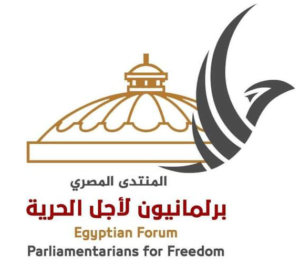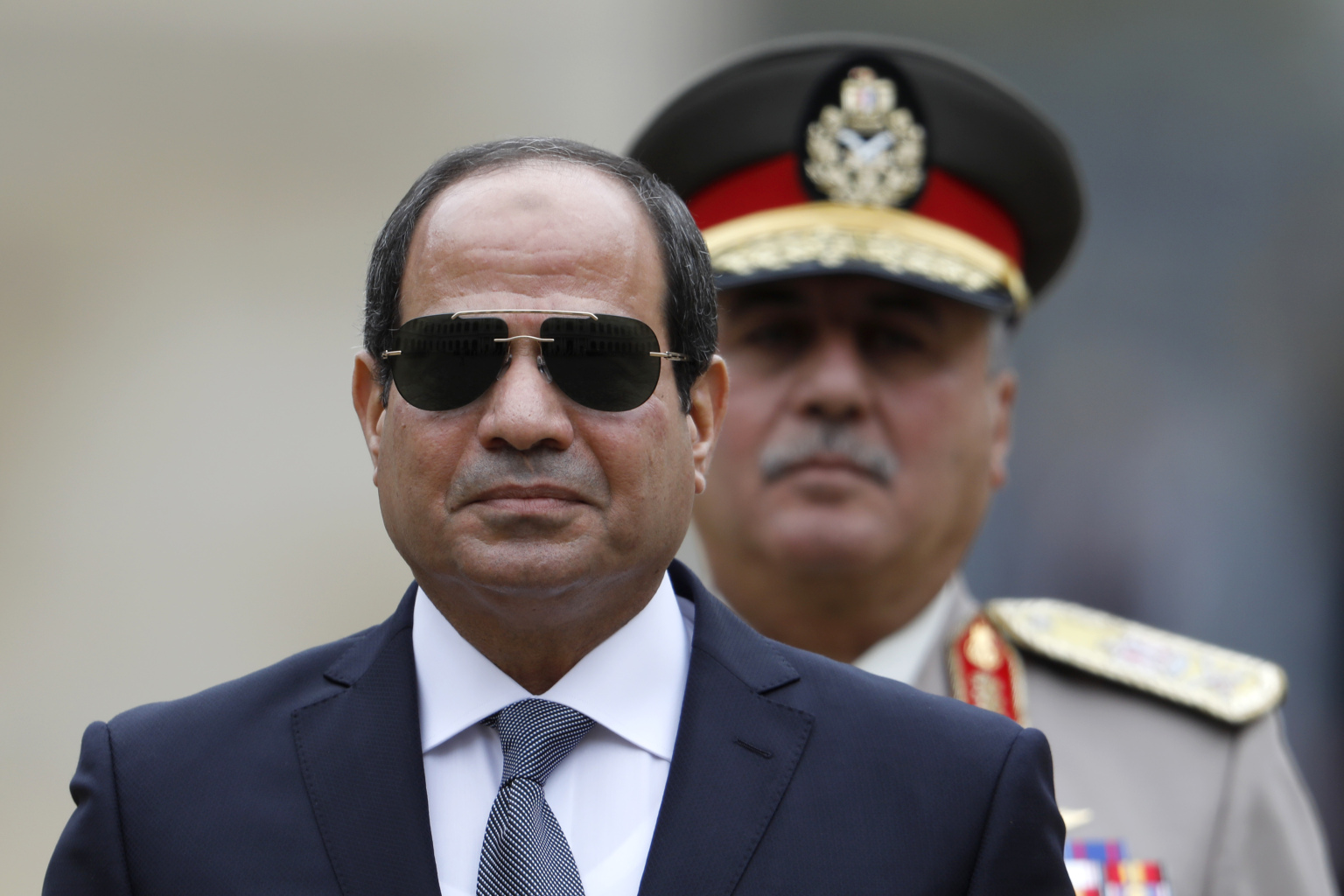Acting out of weakness, Sissi launches another crackdown
AFTER EGYPTIAN strongman Abdel Fatah al-Sissi awarded himself another mandate with a grotesquely rigged presidential election in March, there was some hope he might ease what has been the worst repression in Egypt’s modern history. There was one small gesture: This month, as part of a prisoner amnesty at the beginning of Ramadan, the regime freed Ahmed Etiwy, one of two unjustly jailed Americans whose release had been requested by Vice President Pence. That clemency, however, has since been overtaken by a new wave of arrests that has swept up many of the country’s remaining independent bloggers and activists. Rather than liberalize, Mr. Sissi has launched yet another crackdown.
The latest victims include one of Egypt’s best-known bloggers, Wael Abbas, who for more than a decade has been calling attention to police abuses and other human rights violations. He was seized in his home without a warrant in a pre-dawn raid May 23. Shady al-Ghazaly Harb, a doctor and outspoken liberal activist, was detained on May 15, nine days after Shady Abu Zeid, a comedian and video blogger. On May 9, Amal Fathy, a former actress married to a human rights activist, took to Facebook to protest sexual harassment she had suffered that day. Two days later, she was arrested in a night raid on her apartment.
Mr. Abbas and a number of the other detainees have been charged with aiding a terrorist organization and “spreading false news” under a sweeping case prosecutors are assembling. Other defendants include a University of Washington PhD student who was researching the rule of law in Egypt, three journalists and the head of a human rights organization.
The military-backed government claims it is fighting Islamist extremists connected to the Islamic State and the Muslim Brotherhood. But most of those recently arrested are well-known secular liberals who supported Egypt’s 2011 pro-democracy movement. In the actual war against extremists on the Sinai Peninsula, the regime is failing despite the use of brutal tactics. Ismail Alexandrani, a former Wilson Center scholar who presciently argued that the repression of the region’s Bedouin tribes would backfire, was arrested when he sought to visit his family in 2015. After being held for 2½ years without trial, he was sentenced to 10 years in prison on May 22.
Mr. Sissi is acting out of weakness. Support for his regime has been steadily dwindling, and dissent has been growing even within the military establishment. Hesham Genena, a former head of the government’s anti-corruption bureau, was sentenced to five years in prison on April 24 after he said in an interview that a former military chief had documents incriminating top leaders. The ex- military chief, Sami Anan, was himself arrested in January after he tried to run for president against Mr. Sissi.
To his credit, Mr. Pence called Mr. Sissi on May 24 to express concern about the arrests, while also thanking him for the release of Mr. Etiwy. It’s doubtful the call had much effect; Mr. Sissi is well aware that President Trump has little interest in human rights. That doesn’t mean his crackdown has no cost: Egypt’s history suggests he is storing up trouble that, in the end, will be uncontainable.



